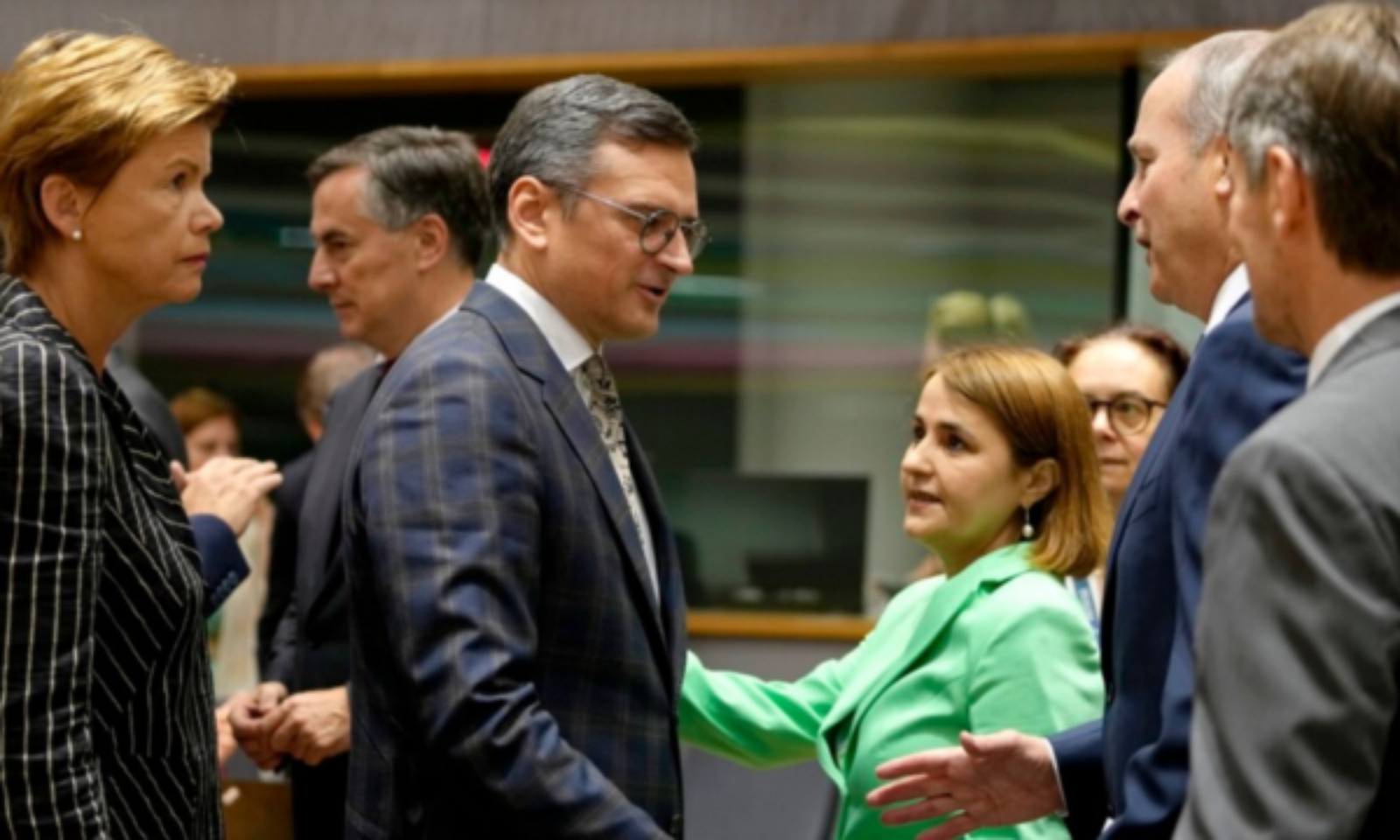European Union foreign ministers have decided to hold their informal meeting not in Budapest, but at the EU’s headquarters in Brussels, to express their growing dissatisfaction with Hungarian Prime Minister Viktor Orban.
The meeting, which is not expected to result in any official decisions, was initially planned to take place in the Hungarian capital, which holds the EU presidency. However, it was moved to Brussels in protest of Orban’s meeting with Russian President Putin in early July. The decision to hold the foreign ministers’ meeting in Brussels rather than Budapest is a clear message that EU member states do not agree with the policies Hungary is pursuing while holding the presidency of the union, said the foreign ministers of Belgium and Lithuania.
“Welcome to Brussels; it’s unusual for informal meetings of foreign ministers to be held here, as they are generally held in the capital of the country holding the EU presidency. And as you know, we are not in the presidency. The decision to hold the meeting in Brussels and not Budapest is a clear message of disapproval from the EU High Representative for Foreign Affairs, Josep Borrell, regarding Hungary’s stance on the international stage, especially concerning the war initiated by Russia,” said Belgian Foreign Minister Hadja Lahbib.
According to EU regulations, from July 1 until the end of this year, Hungary, a country with 9.5 million inhabitants, has the right to represent and often speak on behalf of the European bloc of 450 million people.
However, member states have expressed dissatisfaction with Prime Minister Orban’s increasing support for policies that are opposed by the European Union.
“It is a direct signal that European countries do not agree with the policies in Hungary, its international policies, and its approach while leading the Presidency. They claim to be pro-peace. I do not agree with this,” said Gabrielius Landsbergis, Lithuanian Foreign Minister.
The meeting of ministers will focus on the wars in Ukraine and Gaza, and the contested elections in Venezuela. European diplomats have raised concerns about the situation in the Gaza Strip and have called for a ceasefire and the release of hostages.
German Foreign Minister Annalena Baerbock stated that it is crucial for the EU to show unity.
“We have had intensive discussions over the summer. There have been differing opinions. I think it is important to stay together. In times of crisis, it is more important to meet. For me, it does not matter where. We meet, but we stay united. In these times of crisis, it is more important to have in-depth discussions on issues, with more time and calm, and not in haste,” said German Foreign Minister Annalena Baerbock.
Traditionally, the EU ends its summer break with an informal meeting of foreign ministers.
However, while the Hungarian Prime Minister holds the current EU presidency, the summer break has not been so peaceful.
“I hope that today’s meeting here will show that we expect the country holding the EU Presidency to follow certain rules. Hungary needs to pay attention,” said Elina Valtonen, Finnish Foreign Minister.
While Russian President Putin represents the EU’s main adversary due to the war in Ukraine, Orban has made visits to Moscow and maintained friendly relations with the autocratic leader.
Meanwhile, as China is considered one of the EU’s main adversaries, Orban has traveled to Beijing to maintain friendly relations and to strengthen Hungarian business interests.







